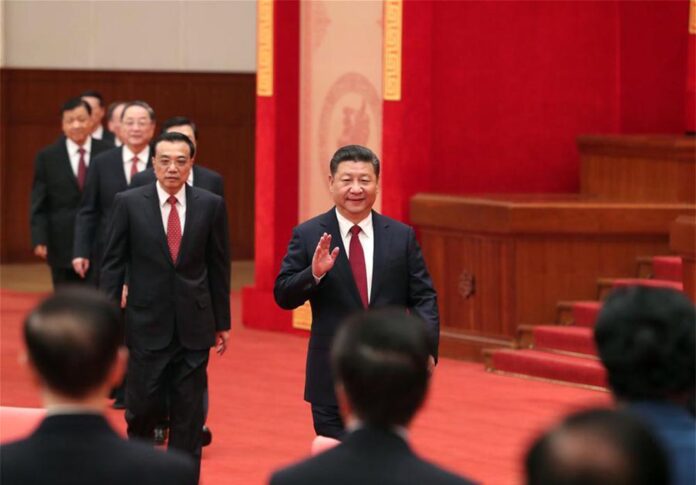
(TibetanReview.net, May30’21) – Having realised that the dominant norms and values of liberal world order would raise questions on its credibility, especially in human rights and freedom of speech, the Chinese Communist Party (CCP) leadership has been engaged in a massive propaganda effort to control the narrative, noted a sundayguardianlive.com commentary May 30.
In 2016, President Xi Jinping issued a call to tell China’s better story to the world and with it began the country’s unique and less known experiment to influence the global media and shape the discourse in its favour.
And so, over the last five years, China has offered hundreds of fellowships to foreign journalists from India, Bangladesh, Africa, and Southeast Asia. Such fellowships include ten months of fully paid stay in Beijing’s posh diplomatic areas, free and guided tours to China’s provinces, a degree in international relations from a Chinese university, and most importantly, a handsome stipend (5,000 yuan). Also, they get invitations to the events of the National People’s Congress and access to senior Chinese officials for “choreographed” interviews, noted the commentator Abhinav Pandya, author of “Radicalization in India: An Exploration” (Pentagon Press, 2019).
Managed by China’s foreign ministry and public diplomacy division. The most conspicuous aspect of the fellowship program is that they are as opaque as the CCP. There is no formal selection process; usually, the “suitable” candidates are approached by the Chinese embassy.
The fellows from across the world subtly indicated that if they wished to complete the fellowship, they must refrain from discussing sensitive issues like the South China Sea, Tibet, and Uyghurs. Such subtle or gross intimidation has always been a Chinese tactic while dealing with international students, journalists and scholars, Pandya has said.
He has cited a group of Indian students studying in a prominent Wuhan-based university as telling him that they could not ask “uncomfortable” questions to their professors or post anything on Wechat that is critical of Chinese systems, if they wished to complete their studies program successfully.
The repercussions of non-compliance could result in poor grades, allotment of poor housing and reduction in the fellowship funding. Also, the classes are said to be like propaganda sessions where the instructor’s sole aim is to justify China and question the US-led world order, be it WTO, intellectual property rights, democracy, and human rights.
Further, students are also lured to work with the official CGTN (China Global Television Network) and CRI (China Radio International) with lucrative monetary incentives, for their quality English communication skills. However, once the addiction of a regular salary and comfortable life sets in, they are said to be subtly forced to publish half-truths and one-sided stories about China and about the countries that are the targets of such state-owned outlets.
Several journalists from reputed and credible mainstream media houses were stated to have availed Chinese fellowship programs over the last five years.
As a result, it is now not just scientists but journalists in different countries, who after their extended stays in China, are in effect now doing a PR job for China. Having realised that it is not entirely possible to exonerate China in the Covid-19 lab leak theory, they are doing a fine job of projecting a narrative that gives “benefit of doubt” to the PRC. It seems Beijing has successfully inculcated them with Confucian loyalties, Pandya has noted.
He also points out that compromised scholarship and media reporting on China-related issues have a long history in India’s case. A section of scholars, including prominent voices like AG Noorani, always blamed India for “aggression” in 1962. And a high-profile journalist well-known for close ties with the Chinese establishment, declared Dalai Lama’s movement a “separatist, revanchist and backward-driven agenda to bring moth-eaten theocracy,” he has pointed out.
He was obviously referring to N Ram of The Hindu daily and especially its sister publication the Frontline weekly.





